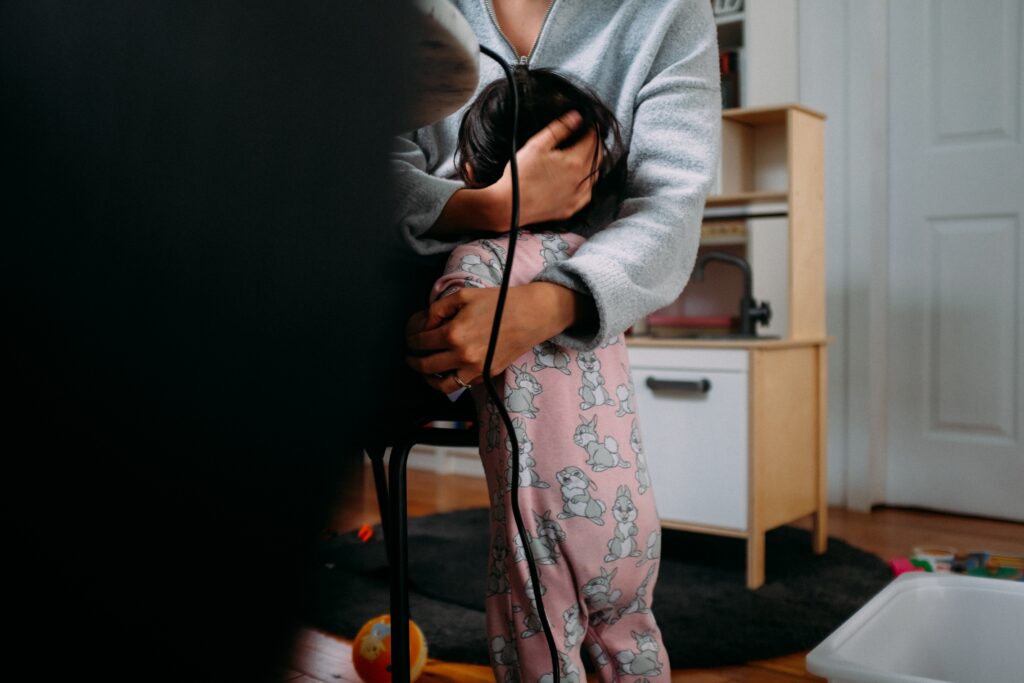May is Foster Care Awareness Month and a great chance to explore the power of non-traditional families and their place in building healthy community. We live in a time where the hush of adoption is less and now it can be a life-goal to give back and care for a child separated from their biological parent. Many grandparents and extended family find themselves in a parenting and caregiving role unexpectedly, often a great solution for a displaced child. Sometimes that is just not an option and fostering becomes critical for over hundreds of thousands of children and youth each year.
So what is involved in fostering children? Beyond the extra bedroom and large mini-van there are some important emotional considerations in deciding if fostering is a good fit for you. Let’s explore some of the needs and challenges connected with opening your home and heart to a foster child.
- The first goal is to return this child to their biological family. Easy, you might say; I’m not ready to adopt yet. The reality is you will need to become Switzerland for this child. They will have loyalties to many family members you know have let them down or even harmed them. It is not your job to point this out. The best support is warm and non-judgmental, no matter how justified your anger might be.
- The child may not be grateful. It’s confusing to be taken from your parents. There may be several stories of the “reason”, sometimes the kids even believe very deeply it is their fault. They may not view your peaceful and calm home as a retreat, it may simply be a strange place that doesn’t make sense. They may be deeply afraid it is permanent. You might even feel like a threat, someone between them and their family of origin.
- This might not be their first-rodeo. While you may have an open heart and excitement to make a difference, this child may have lived in many, many previous foster situations. Some of those may have been harder than the original loss of connection with their parents. Guaranteed it will be hard for them to believe you matter or that you care–even if you do.
- The law requires they still visit their parents. The emotional ups and downs of time with parents can be hard to watch, even harder to cooperate with. This will challenge you to look at the bigger picture and recognize that connection with our biological family is critical even if it’s imperfect.
- You are not in competition with their biological parents. As long as you remember this, you will find yourself much more at peace. You do not have to be better or replace them to make a difference. Keeping this focus is healthy for you and for the child. Just as we can love more than one child, a child can deeply care for more than one parent-figure.
- You are a “real” parent. This is not a game. While it may seem temporary or imperfect, what you are doing is real parenting at the highest level. Perhaps the only difference is that you must offer love with an open door. This means you need the supports and considerations of a “real” parent. You need people to talk to, you need people to learn from and you need to give permission to have tough times and know you are still doing the right thing. Welcome to parenting.
- Keeping connections with foster children can be a powerful life-long commitment. Foster-siblings and parents become part of a child’s memories and their informal family tree. While it may seem they are itching to leave, it is a powerful support for them and their biological families to stay connected in the future. Even if your investment was time-limited, future graduations and other milestones are opportunities to remind them that you were really there, really a parent and really still care.
If you are still reading this, perhaps you are experiencing a mix of emotion. It might be that the challenge makes it even more appealing. You might be the kind of person who has healthy family relationships and a great community. Or you might deeply want a child of your own. Know that whatever is deep in you will be stirred up. Just as parents feel the intensity of responsibility bringing a child home from the hospital, you may feel vulnerable and scared. You may second guess your ability to manage the life in your supervision. That is a great way to start. Scared and hopeful. Vulnerable and willing to learn. Excited and committed.
There are amazing resources and training available for individuals and families willing to provide foster care. The power of a healing home is absolute gold in a country where over 365,000 children and youth are displaced from their home of origin. For more information on how you can help here are some great resources and reading.
Stories from Foster Care from Child Welfare archivesAmericas Kids Belong blog and resource







